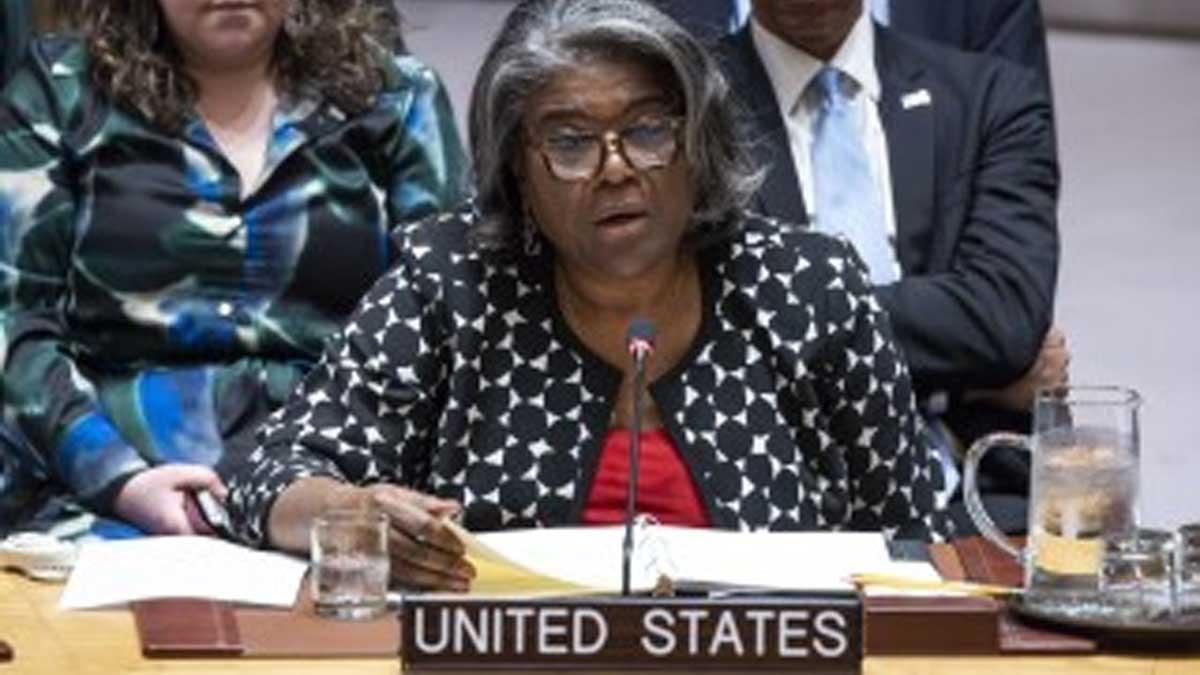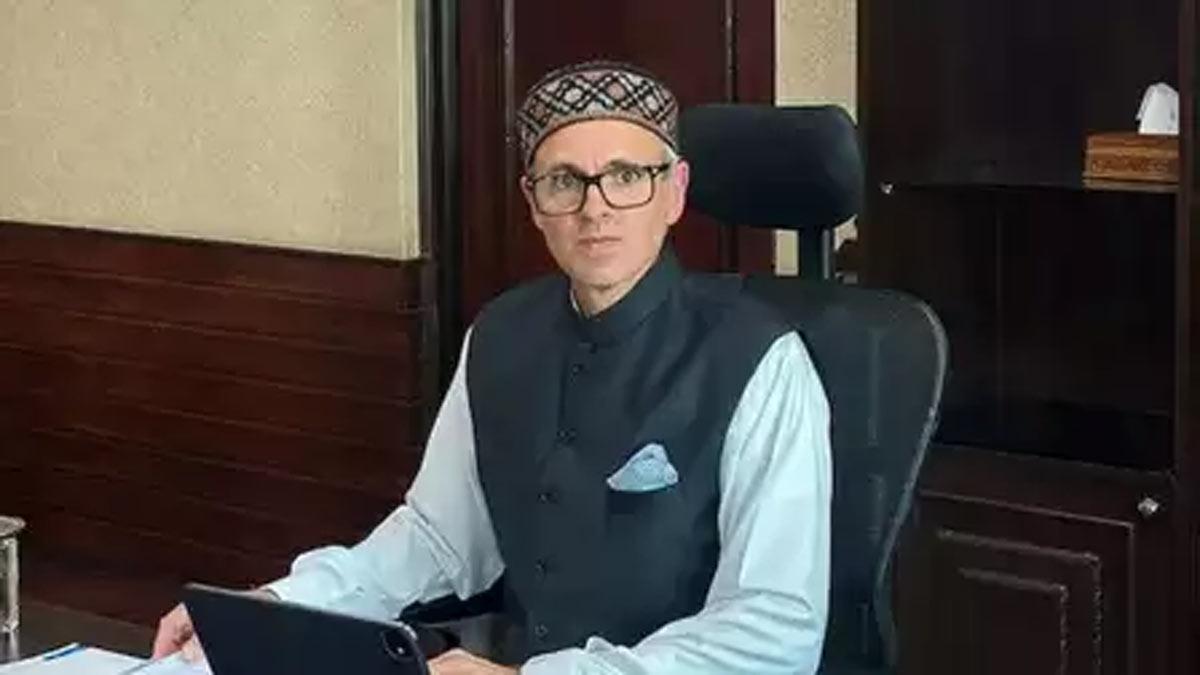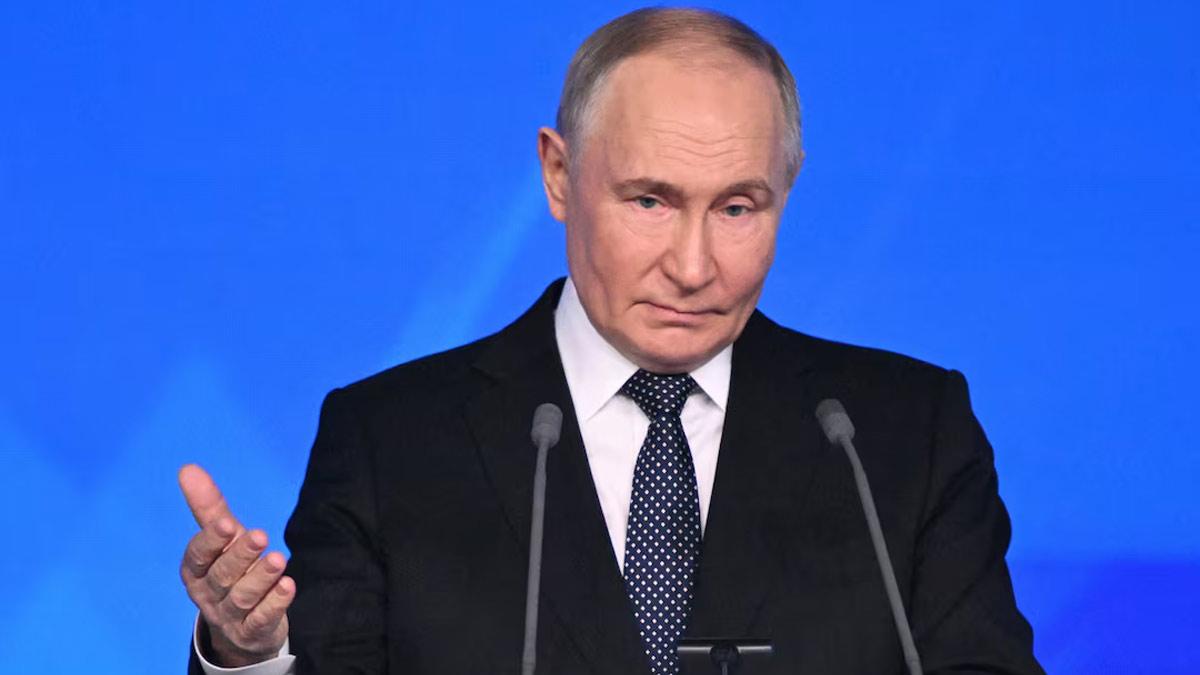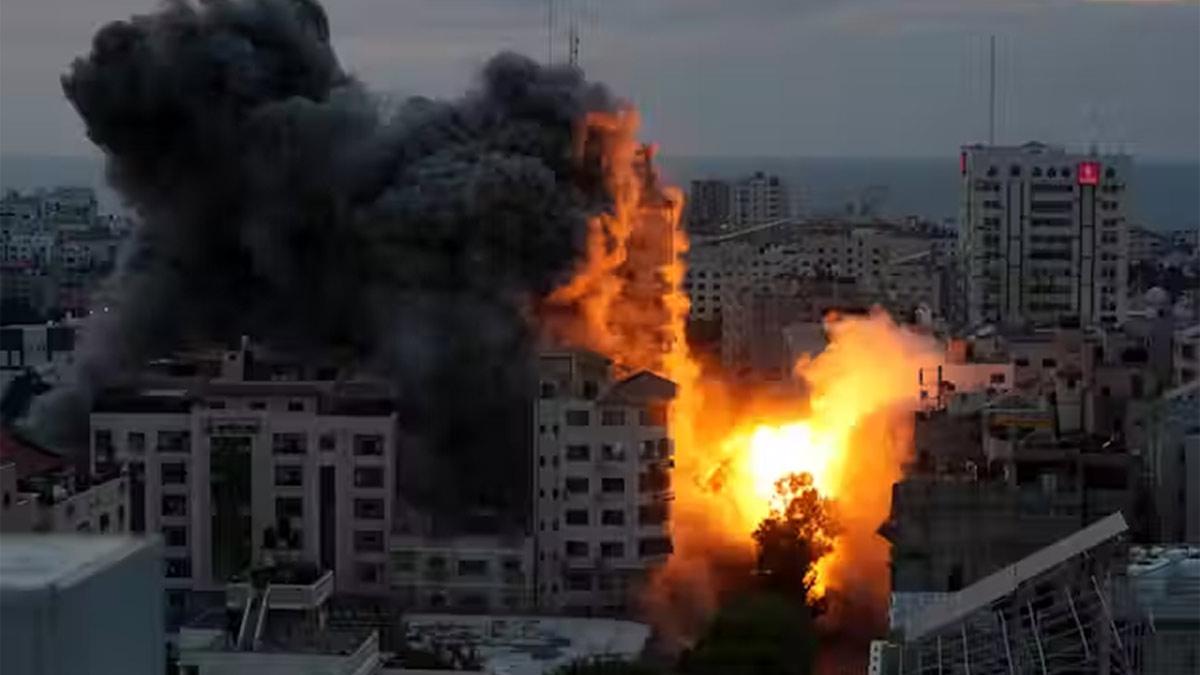A proposal brought forward by the United States and Japan in the United Nations to stop an arms race in space was given a setback in the UN Security Council as Russia vetoed it.
The draft resolution secured the support of 13 out of 15 member states of the Security Council, which happens to be the primary decision-making body of the UN, during the session held in New York on Wednesday. China opted to abstain from the voting process.
This resolution called upon all nations, especially those with significant capabilities in space, to actively contribute towards keeping the use of outer space peaceful and preventing the proliferation of weapons in space. It called upon states to abstain from actions contrary to these objectives and the relevant international treaties, a point emphasizing the importance of global peace, security, and international cooperation.
Several major US news outlets have recently taken up the issue of Russia's alleged efforts to develop anti-satellite nuclear weaponry deployed in space and thus have raised concerns of potential threats to both national and international security.
The resolution had reaffirmed the commitment of all signatories to the Outer Space Treaty. The Outer Space Treaty has provisions that prohibit the launching of the nuclear weapon or any form of weapons of mass destruction into Earth's orbit or on celestial bodies. It describes that the detonation of a nuclear weapon or of any form of mass destruction weapon in space could potentially give rise to severe repercussions.
Linda Thomas-Greenfield, the United States Ambassador to the UN, explained the catastrophic impact such detonation might have: it could potentially disrupt thousands of satellites critical for various services across the globe, like communication, scientific research, meteorology, agriculture, commerce, and national security.
Read also | US Congress Passes $61 Billion Aid Package for Ukraine


















